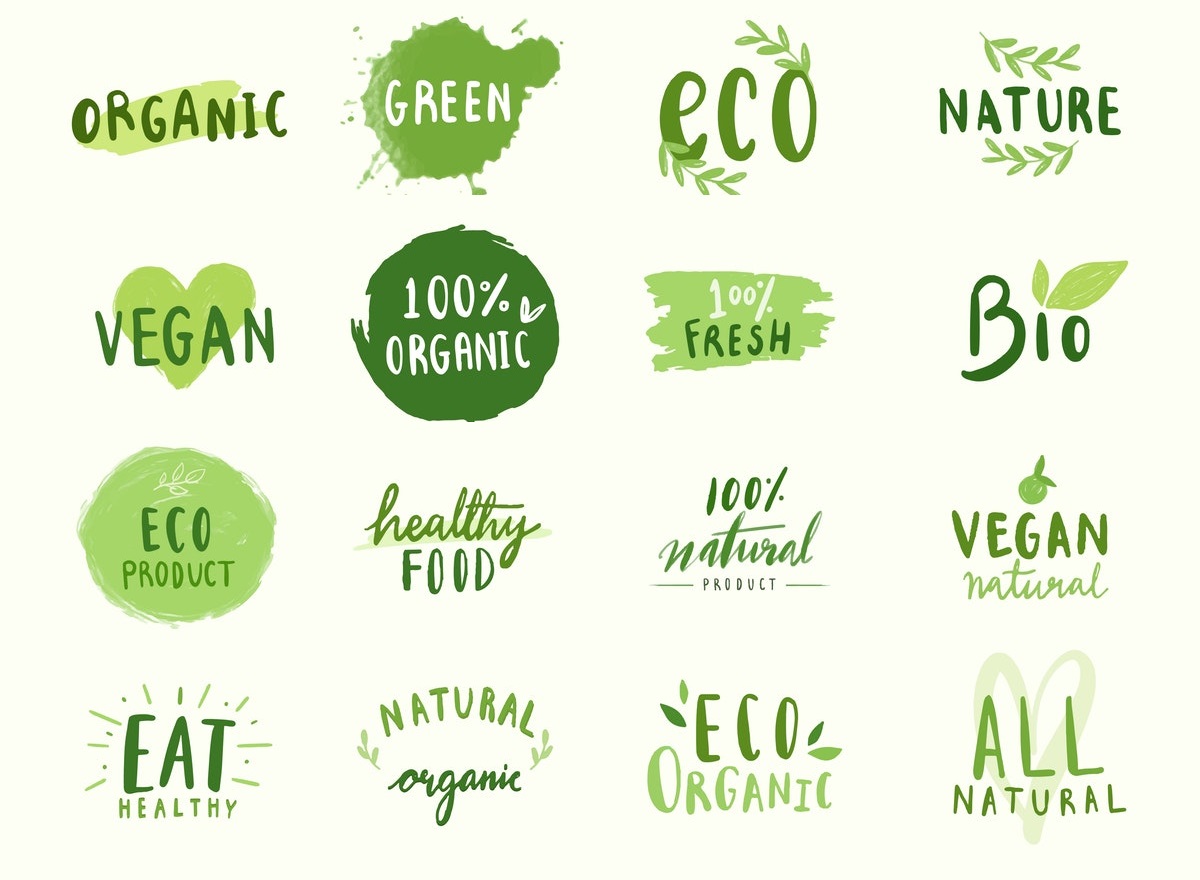Responsible eating

In the report published in August 2019, the scientists of the Intergovernmental Panel on Climate Change (IPCC) drew attention to the fact that we are currently not using our land sustainably, and that this has a direct impact on climate change.
According to Valérie Masson-Delmotte, one of the experts who took part in drawing up the report, “our earth can feed the whole planet and provide biomass to create renewable energy whilst still preserving biodiversity, but we need to act now.”.
The report does not promote a specific diet, but it does point out that the carbon footprint of meat consumption is higher, and adds: “Balanced diets, featuring plant-based foods, such as those based on coarse grains, legumes, fruits and vegetables, nuts and seeds, and animal-sourced food produced in resilient, sustainable and low-GHG emission systems, present major opportunities for adaptation and mitigation.”.
To reduce our environmental footprints, we will therefore need to consider reducing our consumption of meat and animal products. This may be more or less complicated, depending on cultural mores and individual tastes. One way of tackling it is to take it step by step: first try one meat-free meal a week, then a whole day, and so on, gradually adding more until you find a good balance.
Meat is a source of protein, but it can be replaced by vegetable proteins. To ensure a balanced vegetarian meal, you just need to include vegetables with both grains and legumes (beans, lentils, chickpeas,…). Delicious vegetarian recipes and helpful tips are increasingly easy to find online!
- Try a flexitarian diet, or even vegetarian.
- Make your family and friends aware of the possibilities by cooking vegetarian dishes for them.